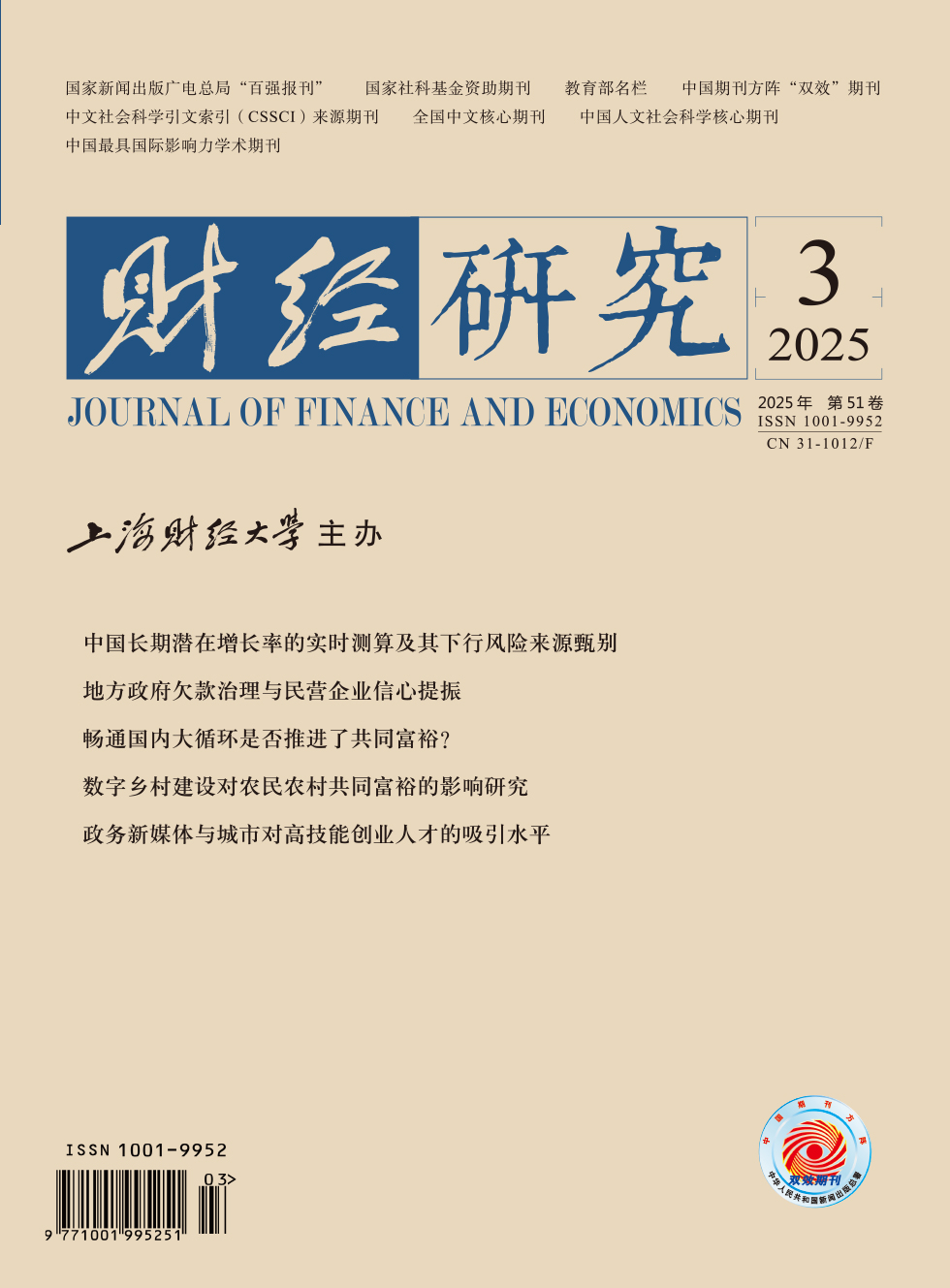The impact of minimum wage adjustments on common prosperity is notably complex due to its dual focus on both enterprises and workers. Although a raise in the minimum wage can tangibly boost the earnings of low-skilled households and enhance their well-being, recent studies indicate that such adjustments could elevate business costs. Consequently, this prompts companies to upgrade their technological capabilities, enhance productivity, and subsequently raise the income levels of skilled workers.
Consumption plays a critical role in fostering internal circulation for equitable development, serving as a key pillar and guarantee of common prosperity. Furthermore, in contrast to income inequality, consumption inequality provides a more accurate reflection of economic disparities and the true welfare of residents. Thus, this paper utilizes consumption inequality as a central indicator for evaluating common prosperity, while also examining the impact of minimum wage adjustments on consumption inequality within urban households.
Initially, employing a theoretical model that incorporates the spillover effect of minimum wage adjustments, this paper finds that raising the minimum wage substantially reduces consumption inequality among urban households. Within this model, two primary channels are identified through which minimum wage adjustments affect household consumption inequality: Consumption channel, where an increase in the minimum wage significantly boosts the consumption of low-skilled labor, narrowing the consumption gap between them and high-skilled groups; income inequality channel, where an increase in the minimum wage reduces overall income inequality, subsequently decreasing consumption inequality. Guided by the theoretical model, using monthly data from the Urban Household Survey (UHS) from 2012 to 2014, this paper empirically tests the theoretical hypotheses, with results corroborating our initial conclusions.
This paper makes the following contributions: First, it explores the economic role of minimum wage adjustments and details their impact on different demographic groups at both micro and macro levels, broadening the scope of research on minimum wage and consumption inequality. Second, by utilizing the UHS monthly tracking survey data, it investigates both the short-term and dynamic effects of minimum wage adjustments, enriching the body of research on the macroeconomic implications of minimum wage policies.





 3121
3121  4221
4221

